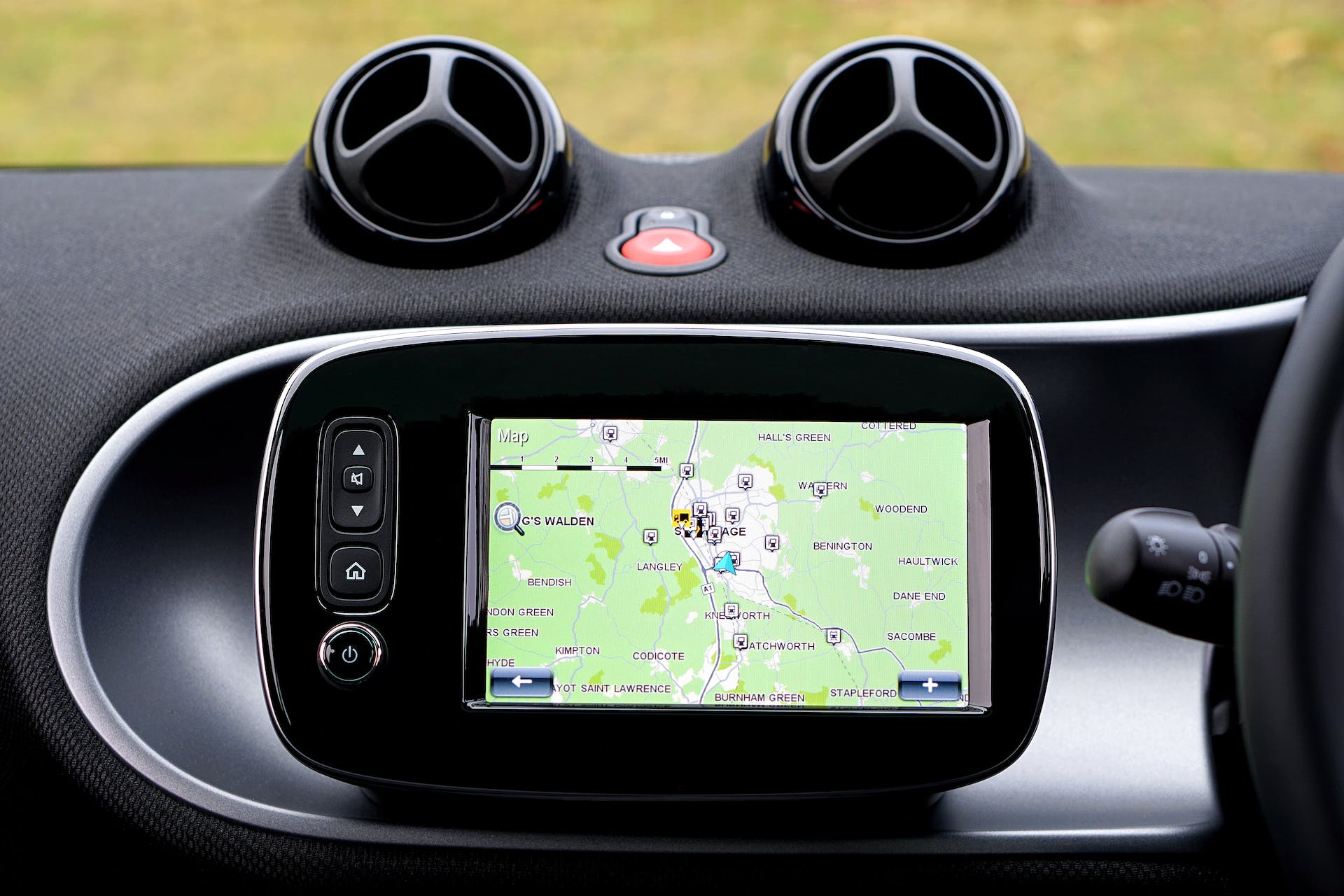Optimizing Business Operations: The Strategic Role of GPS Technology

In commercial contexts, the mention of GPS often conjures images of 3PL giants with extensive fleets providing B2B logistical services. However, the benefits of GPS technology extend beyond industry size, offering substantial advantages to fleet managers across various sectors. Whether overseeing one vehicle or a fleet of 15, businesses can leverage GPS to enhance their operations.
Harnessing GPS for Business Success
GPS technology offers a range of functions, and its utility depends on the specific goals a business aims to achieve. Here are several ways to effectively utilize GPS in business operations:
1. Route Planning
Efficiently guiding drivers to their destinations is a priority. GPS aids in planning optimal routes, ensuring vehicles take the safest and fastest roads. Real-time data on route delays due to traffic, accidents, or construction allows for instant adjustments to avoid disruptions.
2. Emergency Dispatch
For immediate service requests or emergencies, GPS enables real-time tracking of all work vehicles. Dispatchers can deploy the nearest technician to a customer’s location, optimizing response times. Additionally, if a specific tool or part is needed, the dispatcher can send the appropriate vehicle to the location.
3. Customer Service
GPS data enhances customer service by providing visibility into fleet movement. Offering customers a delivery application to track shipments in real time fosters transparency and keeps clients informed about arrival schedules.
4. Worker Performance
GPS allows monitoring of driving and work behavior, ensuring adherence to traffic laws and identifying habits that may impact vehicle longevity. Analyzing GPS data helps assess worker productivity and optimize service delivery.
5. Fleet Maintenance
Understanding vehicle movements aids in planning maintenance and repairs efficiently. By tracking travel distances and usage patterns, tailored maintenance schedules can be developed, ensuring the fleet remains well-maintained.
GPS technology goes beyond ensuring driver accountability. It serves as a strategic tool to elevate customer service, enhance operational efficiency, and streamline route planning. Additional benefits include cost savings, improved marketing through GPS capabilities for customers, and the ability to promote business sustainability.
Any business-owned vehicle, from service companies providing residential or business services to product companies with delivery drivers, can benefit from GPS technologies. To explore the manifold advantages of integrating GPS into your business, refer to the accompanying infographic below:
Infographic created by Track Your Truck, a GPS vehicle tracking devices provider.

